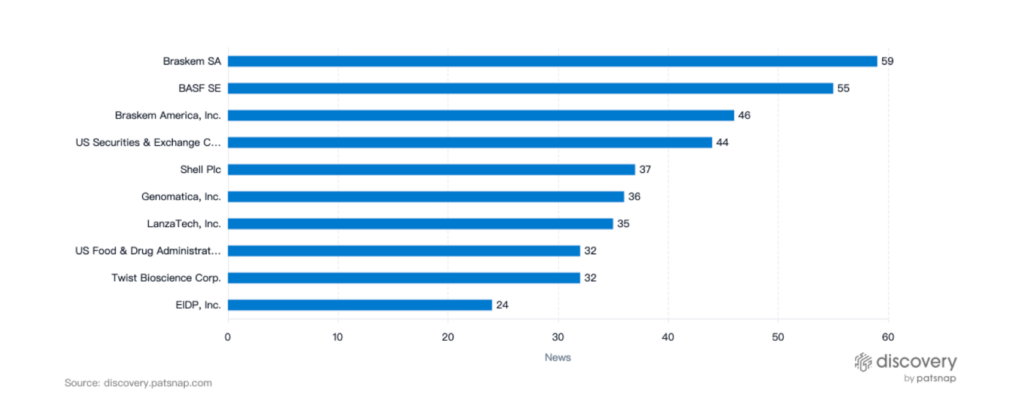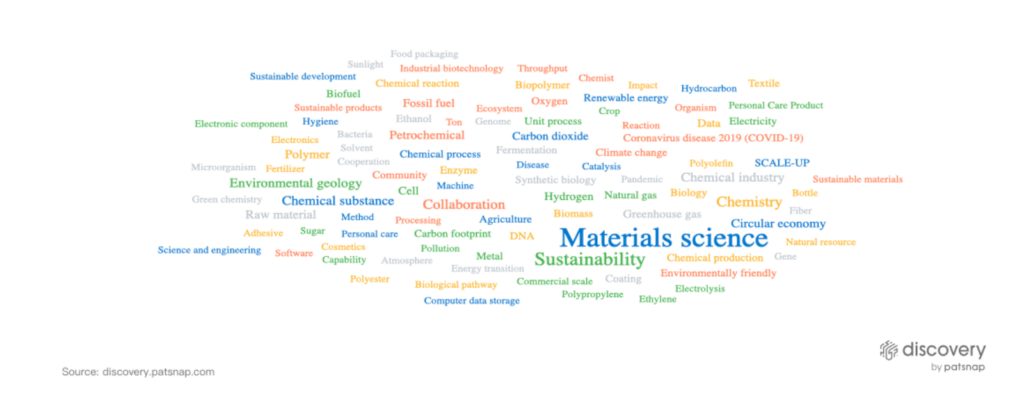Chemical Industry Sustainable Challenges & Solutions
The chemical industry plays a vital role in modern society, providing the raw materials for everything from pharmaceuticals and plastics to construction materials and electronics.
However, as the demand for these products continues to grow, so too do concerns about the impact of the industry on the environment and human health. In recent years, there has been a growing recognition of the need for more sustainable practices in the chemical industry.
In this article, we’ll analyze sustainability in the chemical industry and outline the challenges and potential solutions.
Challenges Facing the Chemical Industry
One of the biggest challenges facing the chemical industry is the need to reduce its environmental impact. Chemical production processes can generate large amounts of waste and consume significant amounts of energy, contributing to greenhouse gas emissions and other forms of pollution. Chemicals themselves can also have negative environmental impacts, such as the release of toxic substances into the air and water.
Another challenge is the need to ensure the safety of workers and local communities. Chemical manufacturing facilities can be hazardous environments, and accidents or leaks can have serious consequences for human health and the environment.
Solutions for Sustainable Chemical Industry Practices
The chemical industry is actively working to address these challenges and develop more sustainable practices. One approach is to develop cleaner and more efficient production processes that generate less waste and consume less energy. For example, many chemical companies are investing in renewable energy sources such as solar and wind power to reduce their reliance on fossil fuels.
Another solution is to design and produce chemicals that are safer and less harmful to the environment and human health. This can involve using alternative, less toxic chemicals or developing new manufacturing processes that minimize waste and pollution.
Companies can also take steps to ensure the safety of workers and local communities. This can involve implementing strict safety protocols, providing training and education to workers, and engaging with local communities to build trust and address concerns.

It’s no surprise that the top performers in sustainable practices are also industry leaders. Companies like Braskem, BASF, and Shell – all large chemical organizations – are actively pivoting towards sustainable practices to lead the charge toward a more sustainable future.
The Importance of Sustainability in the Chemical Industry
Sustainability is becoming increasingly important in the chemical industry, both from a social and environmental perspective. Consumers are increasingly demanding products that are produced sustainably and do not harm the environment or human health. Governments are also introducing stricter regulations aimed at reducing the environmental impact of the industry.
Sustainability also presents opportunities for the industry to innovate and develop new products and processes that are both sustainable and profitable. By investing in sustainability, chemical companies can enhance their reputation, attract investors, and build long-term value.

The most prominent keywords in this diagram are materials science, agriculture, and climate change. These topics offer significant potential for cross-disciplinary sustainability initiatives within the chemical industry.
Conclusion
The chemical industry plays a crucial role in modern society, but it also has a significant impact on the environment and human health. To address these challenges, the industry is working to develop more sustainable practices, including cleaner production processes, safer chemicals, and greater worker and community safety.
By investing in sustainable practices, chemical companies can both meet growing consumer demand for sustainable products and build long-term value.